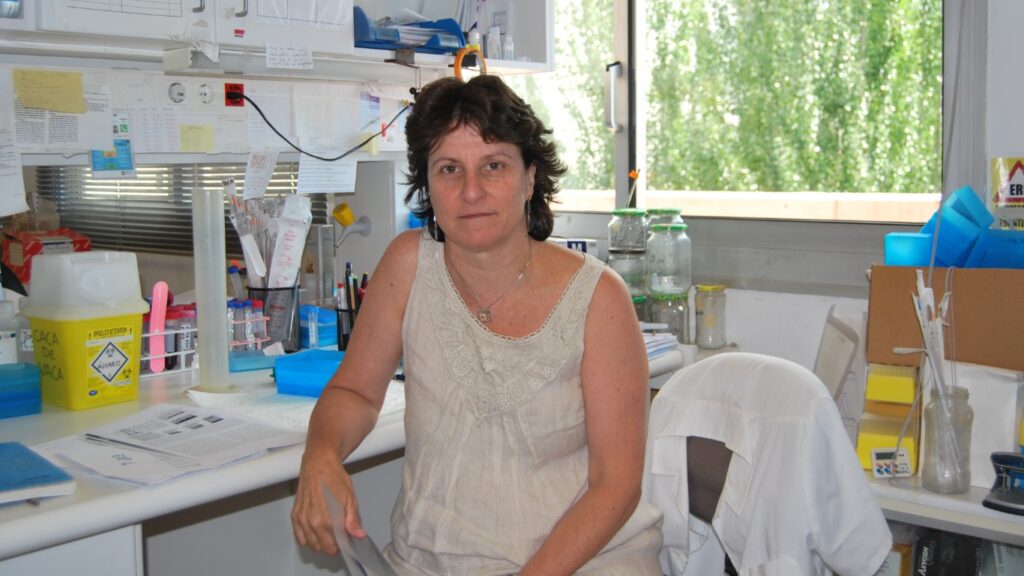Researchers of the research group in Human Molecular Genetics of the Biomedical Research Institute of Bellvitge (IDIBELL), led by researcher Mercedes Pérez, have patented a peptide (a molecule consisting of a sequence of amino acids) that inhibits the immune response activated by the enzyme calcineurin which could serve to develop new more specific immunosuppressive drugs and with less side effects than the current ones. The results of the study that describes this molecular mechanism have been published in the journal Molecular Cell Research.
Current drugs
Patients undergoing a transplant need nowadays a treatment for life to stop the immune response generated by the rejection of his body towards a foreign organism. Drugs that are used currently, cyclosporin A and FK506, inhibit calcineurin, which is the enzyme that activates the immune response. The problem is that their mechanism of action is to stop all the other tracks that activate this enzyme causing numerous side effects.
“The purpose of the investigation is to develop new and more specific drugs, that inhibit only the immune response triggered by the calcineurin and not all of its other functions”, explained the researcher Mercedes Pérez. In previous studies, the team of Perez had already described a peptide of the protein family RCAN able to join the calcineurin and to inhibit specifically the activation of the immune response. In this work, the researchers of the IDIBELL have modified this peptide and further discovered that when this peptide is phosphorylated by protein CK2 (phosphorylation is a regulatory mechanism of proteins that involves the addition of a phosphate group) increases its immunosuppressive power.
“We have patented this phosphorylated peptide that in addition to its potential as an immunosuppressor will allow us to search for mimetic molecules which do the same function but are more stable, allowing us to be able to translate to the clinic”, explained the researcher. The study was conducted in collaboration with the University of Barcelona, the Autonomous University of Barcelona and the Barcelona Biomedical Research Park (PRBB).
Reference of the article
Martínez-Hoyer S., Aranguren-Ibáñez A., García-García J., Serrano_candelas E., Vilardell J., Nunes V., Aguado F., Oliva B., Itarte E. and Pérez-Riba M. Protein kinase CK2-depdendent phosphorylation of the human regulators of calcineurin reveals a novel mechanism regulating the calcineurin-NFATc signaling pathway. Molecular Cell Research 1833 (2013) 2311-2321.

